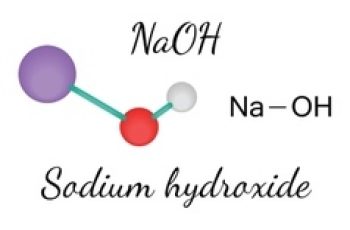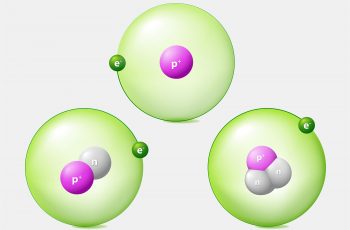In chemistry, the empirical formula of a chemical compound is the simplest positive integer ratio of atoms present in a compound.
Formula to calculate empirical formula.
- Determine the masses of each component in the compound.
- Determine the number of moles by dividing the grams by the atomic mass.
- Divide the number of moles of each element by the smallest number of moles.
- Convert numbers to whole numbers by multiplying by the smallest number that can make the decimals whole numbers.
Example:
Suppose you have a compound of aluminum oxide, if the mass of the aluminum is 4.151g and the mass of the oxygen is 3.692 g. Calculate the empirical formula of the compound.
In aluminum oxide there is 1 mol of aluminum and 2 moles of oxygen. Since the atomic mass of aluminum is 26.98 and for oxygen is 16.00;
To find the moles;
Aluminum.
= 4.151 x 1 ÷ 26.98
= 0.15
Oxygen.
= 3.692 x 2 ÷ 16
= 0.24
Then we divide the result by the smallest number of moles.
Aluminum.
= 0.15 ÷ 0.15
= 1
Oxygen.
= 0.24 ÷ 0.15
= 1.6
Convert numbers to whole numbers.
The smallest number is 2.
Aluminum.
= 1 x 2
= 2
Oxygen.
= 1.6 x 2
= 3.2
Therefore, your empirical formula will be Al₂O₃.

